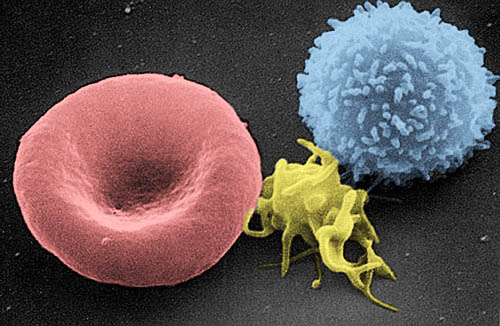Immunohematology on:
[Wikipedia]
[Google]
[Amazon]
Immunohematology is a branch of  Immunohematology and Transfusion Medicine is a medical post graduate specialty in many countries. The specialist Immunohematology and Transfusion Physician provides expert opinion for difficult transfusions, massive transfusions, incompatibility work up, therapeutic
Immunohematology and Transfusion Medicine is a medical post graduate specialty in many countries. The specialist Immunohematology and Transfusion Physician provides expert opinion for difficult transfusions, massive transfusions, incompatibility work up, therapeutic
hematology
Hematology (American and British English spelling differences#ae and oe, spelled haematology in British English) is the branch of medicine concerned with the study of the cause, prognosis, treatment, and prevention of diseases related to bloo ...
and transfusion medicine
Transfusion medicine (or transfusiology) is the branch of medicine that encompasses all aspects of the Blood transfusion, transfusion of blood and blood components including aspects related to hemovigilance. It includes issues of blood donation, im ...
which studies antigen
In immunology, an antigen (Ag) is a molecule, moiety, foreign particulate matter, or an allergen, such as pollen, that can bind to a specific antibody or T-cell receptor. The presence of antigens in the body may trigger an immune response.
...
-antibody
An antibody (Ab) or immunoglobulin (Ig) is a large, Y-shaped protein belonging to the immunoglobulin superfamily which is used by the immune system to identify and neutralize antigens such as pathogenic bacteria, bacteria and viruses, includin ...
reactions and analogous phenomena as they relate to the pathogenesis and clinical manifestations of blood disorder
Hematologic diseases are disorders which primarily affect the blood and blood-forming organs. Hematologic diseases include rare genetic disorders, anemia, HIV, sickle cell disease and complications from chemotherapy or transfusions.
Myeloid
* ...
s. A person employed in this field is referred to as an immunohematologist or colloquially as a blood banker. Their day-to-day duties include blood typing
Blood compatibility testing is conducted in a medical laboratory to identify potential incompatibilities between Human blood group systems, blood group systems in blood transfusion. It is also used to diagnose and prevent some complications of pr ...
, cross-matching
Cross-matching or crossmatching is a test performed before a blood transfusion as part of blood compatibility testing. Normally, this involves adding the recipient's blood plasma to a sample of the donor's red blood cells. If the blood is incom ...
and antibody
An antibody (Ab) or immunoglobulin (Ig) is a large, Y-shaped protein belonging to the immunoglobulin superfamily which is used by the immune system to identify and neutralize antigens such as pathogenic bacteria, bacteria and viruses, includin ...
identification.Todd, C. Interview. 16 May 2008. Immunohematologist.
 Immunohematology and Transfusion Medicine is a medical post graduate specialty in many countries. The specialist Immunohematology and Transfusion Physician provides expert opinion for difficult transfusions, massive transfusions, incompatibility work up, therapeutic
Immunohematology and Transfusion Medicine is a medical post graduate specialty in many countries. The specialist Immunohematology and Transfusion Physician provides expert opinion for difficult transfusions, massive transfusions, incompatibility work up, therapeutic plasmapheresis
Plasmapheresis (from the Greek language, Greek πλάσμα, ''plasma'', something molded, and ἀφαίρεσις ''aphairesis'', taking away) is the removal, treatment, and return or exchange of blood plasma or components thereof from and to the ...
, cellular therapy, irradiated blood therapy, leukoreduced and washed blood products, stem cell procedures, platelet rich plasma therapies, HLA and cord blood banking. Other research avenues are in the field of stem cell researches, regenerative medicine and cellular therapy.
Immunohematology is one of the specialized branches of medical science. It deals with the concepts and clinical 2 techniques related to modern transfusion therapy. Efforts to save human lives by transfusing blood have been recorded for several centuries. The era of blood transfusion, however, really began when William Harvey described the circulation of blood in 1616.
See also
* Clinical laboratory scientist *Transfusion medicine
Transfusion medicine (or transfusiology) is the branch of medicine that encompasses all aspects of the Blood transfusion, transfusion of blood and blood components including aspects related to hemovigilance. It includes issues of blood donation, im ...
References
Hematology Immunology Transfusion medicine Laboratory healthcare occupations {{Immunology-stub